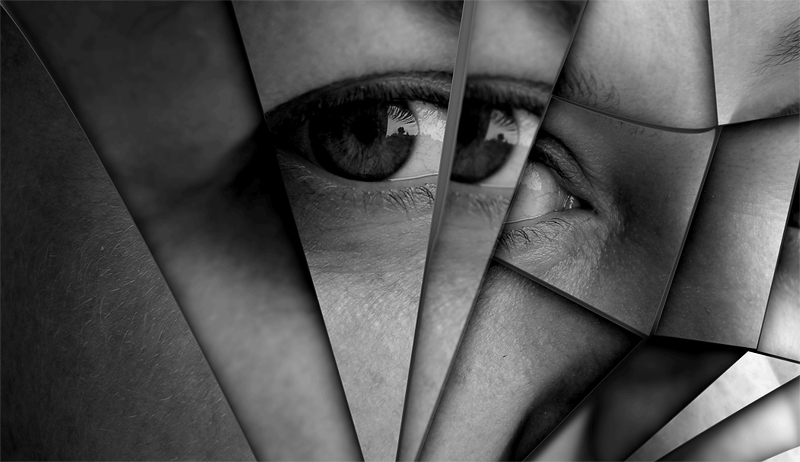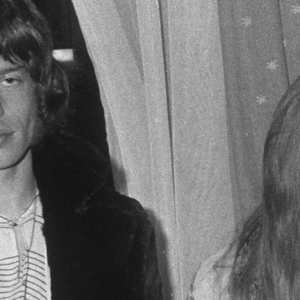Uncanny Valleys: Eight Books That Map Worlds Not Quite Like Ours
Daniel Hornsby Recommends Ling Ma, Joss Lake, and More
When I set out to write a satire of tech in early 2019, I came up against the problem of my lack of knowledge of Bay Area topography. A high school victim of Beat Generational trauma, I’d gone to San Francisco only once, shortly before Facebook went public, and glimpsed the last gasp of its pre-tech local culture. But when I started the book, I was living in Memphis (not a tech hub, thank god), and I knew that any effort to research and Google Maps my way through the project would inevitably come across as superficial and touristy.
It was tricky. I put together all my favorite California novels in searched for a solution. Eventually, I came across my college copy of The Crying of Lot 49. The novel follows a woman (very Pynchonly) named Oedipa Maas as she becomes absorbed with a conspiracy theory and chases the signs throughout a kooky 60s California landscape, including a city of Pynchon’s own invention, San Narciso.
Thinking back to Pynchon’s fake city, I realized the turf he’d created—with its zany acid veterans, secret societies, and a scheming industrialist—had all the seeds for technodystopia we live in now. I decided to set the book there, and immediately the pieces fell into place. Pynchon’s San Narciso allowed me a way into the absurdity tech has forced upon us. And it also let me create a world with its own aquifer of history running underneath it all.
As I wrote the book, I updated many of the sites and characters, working in a few of his landmarks, his band The Paranoids, and the legacy of his mysterious millionaire, Pierce Inverarity, as I staked out my own territory on top of and alongside his. As the project grew, I incorporated other neighboring universes, like that of William Melvin Kelley’s A Different Drummer.
After visiting San Francisco mid-draft a year ago, I saw how much the city’s map was in flux. So little remained from my first trip. Famous hostels, bars, and cafes had closed, whole lobes of the city had become unlivable for non-millionaires. I saw the encampment in front of city hall in the home of some of the richest people on the planet. Tech’s capitalist Star Trek utopia was nowhere in sight. The hippie vision had been appropriated and perverted by a new incarnation of “The Man.” Like Pynchon’s San Narciso, it was already a world of fictions, and now these narratives had collapsed.
These books draw their own strange maps, often to catch something tricky and elusive. Some have the raw imaginative force of sci-fi world building, others are just one or two parallel universes over, and some are hidden in plain sight. All of them helped me in one way or another as I tried to map the world of my own book.
*
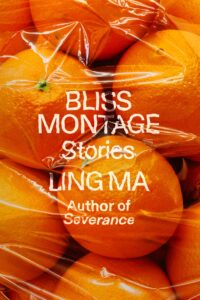
Bliss Montage by Ling Ma
Ling Ma is one of the most enviably talented writers of her/my generation. I love the way this collection creates its own strange buffet of neighboring universes, forming the through-line of this brilliant collection. There are alternate histories, portals to other worlds, fake countries, and hundreds of ex-boyfriends crammed into a guesthouse. There’s a gravitational constant to these strange stories that keeps the levity from being twee.
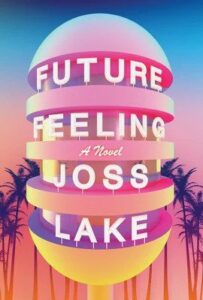
Future Feeling by Joss Lake
Future Feeling is easily one of the most original novels of the past ten years. Lake’s power of imagination is astounding: there are subway cars that glow with the colors of passengers’ moods, a social media hex, and a mystical order of billionaire-funded operatives tasked with helping trans people. This isn’t simple dystopia or utopia. Lake’s future feelings are as complex as our present ones. It’s so refreshing to see with this much creative ambition deliver the goods and sink the half-court shot.
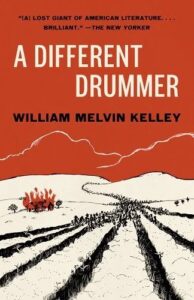
A Different Drummer by William Melvin Kelley
This is an overlooked classic that has received some much-deserved attention in the past couple years, but could always use more. Kelley carves his own Southern state from Mississippi and Alabama and then chronicles the exodus of its entire Black population from the state following the departure of a single farmer. (There’s a little homage to Kelley’s imaginary Southern state in my novel.) The fact that this was a debut blows my mind.
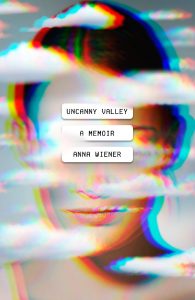
Uncanny Valley by Anna Wiener
Wiener’s account of saying goodbye to all that in New York and finding employment in the tech industry is one of the most compelling recent memoirs I’ve read. “Depending on whom you ask, it was either the apex, the inflection point, or the beginning of the end for Silicon Valley’s startup scene—what cynics called a bubble, optimists called the future, and my future coworkers, high on the fumes of world-historical potential, breathlessly called the ecosystem.” The book really helped me figured out the ethos of the industry, and I think it’ll be a useful guide for a long time in figuring out how we got in this mess.
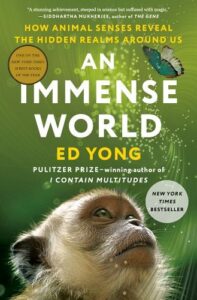
An Immense World: How Animal Senses Reveal the Hidden Realms Around Us by Ed Yong
Of course, there are other worlds all around us, all the time. Yong’s exploration of animal senses is a brisk, riveting tour through the dimensions above and below the human bandwidth. A particularly charming thread involves a group of women that push against the 1960s male ornithological establishment and prove birds can smell. One scientist, tagging along on a voyage in the southern seas, dips tampons in fish oil and ties them to kites, drawing the noses of dozens of seabirds.
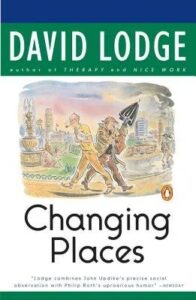
Changing Places by David Lodge
Pynchon has San Narciso; Lodge has Euphoria, his own little chunk chiseled out of California. The novel tracks two professors on exchange: one, careerist and horny, from the US, the other, repressed and dull, from the UK. It’s a hilarious campus novel in the vein of Lucky Jim, and Lodge is miraculously able to lampoon both the British and American academies while playing with forms (epistolary, manifesto, journalistic) that loosely chart the history of literature itself.
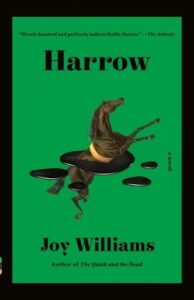
Harrow by Joy Williams
The latest by Joy Williams might be described as Cormac McCarthy’s The Road but with jokes. Williams gives us a functioning apocalypse, a forever ending world where there’s still electricity and bowling alleys. Which is to say, our world, if we continue on this dark track. Her child judge will always stay with me.
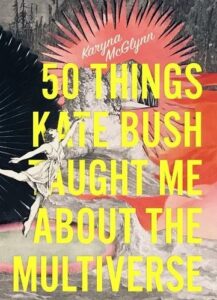
50 Things Kate Bush Taught Me About the Multiverse by Karyna McGlynn
McGlynn is one of my favorite living poets—a radioactive, ecstatic talent. The poems here are deeply moving and—that rare thing nowadays, especially in poetry—funny. She does Kate Bush justice, and she’ll teach you a thing or two about the multiverse, too.
__________________________________
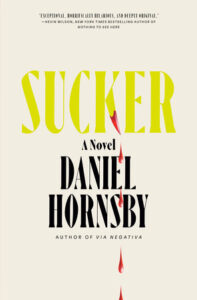
Sucker by Daniel Hornsby is available from Anchor Books, an imprint of the Knopf-Doubleday Group, a division of Penguin Random House, LLC.

